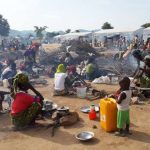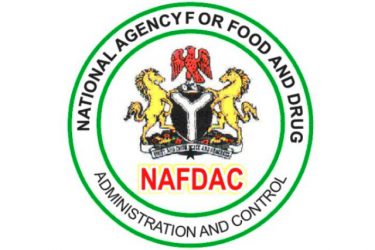People living with HIV in Uganda have expressed fear and frustration over the suspension of USAID’s health programs, which have provided life-saving support for years.
One of the affected individuals, a Ugandan taxi driver named Mike Elvis Tusubira, tested positive for HIV in 2022. He told BBC that the closure of USAID’s activities has left him uncertain about his future.
“The suspension of all USAID activities has affected me deeply. I don’t know what to do next. What will happen to me?” he asked.
Tusubira also worried about his family. His wife, who is HIV-negative, was on preventive medication, but with the program’s shutdown, access to such treatment has been cut off.
“My doctor told me he left the hospital I was going to. What will happen to my child and my partner? There are no shelters, no medicine, no condoms, nothing,” he said.
Uganda is one of the top 10 African countries receiving USAID funding. In 2023, the U.S. government allocated $295 million in health assistance to Uganda, behind only Tanzania ($337 million) and Nigeria ($368 million).
USAID has been a key supporter of Uganda’s healthcare sector, funding programs for HIV, malaria, tuberculosis, and maternal and child health. Nearly 70 percent of Uganda’s HIV treatment is provided through foreign aid.
With the agency’s suspension, thousands of people living with HIV now face difficulties in getting treatment, leading to protests and appeals for help.











